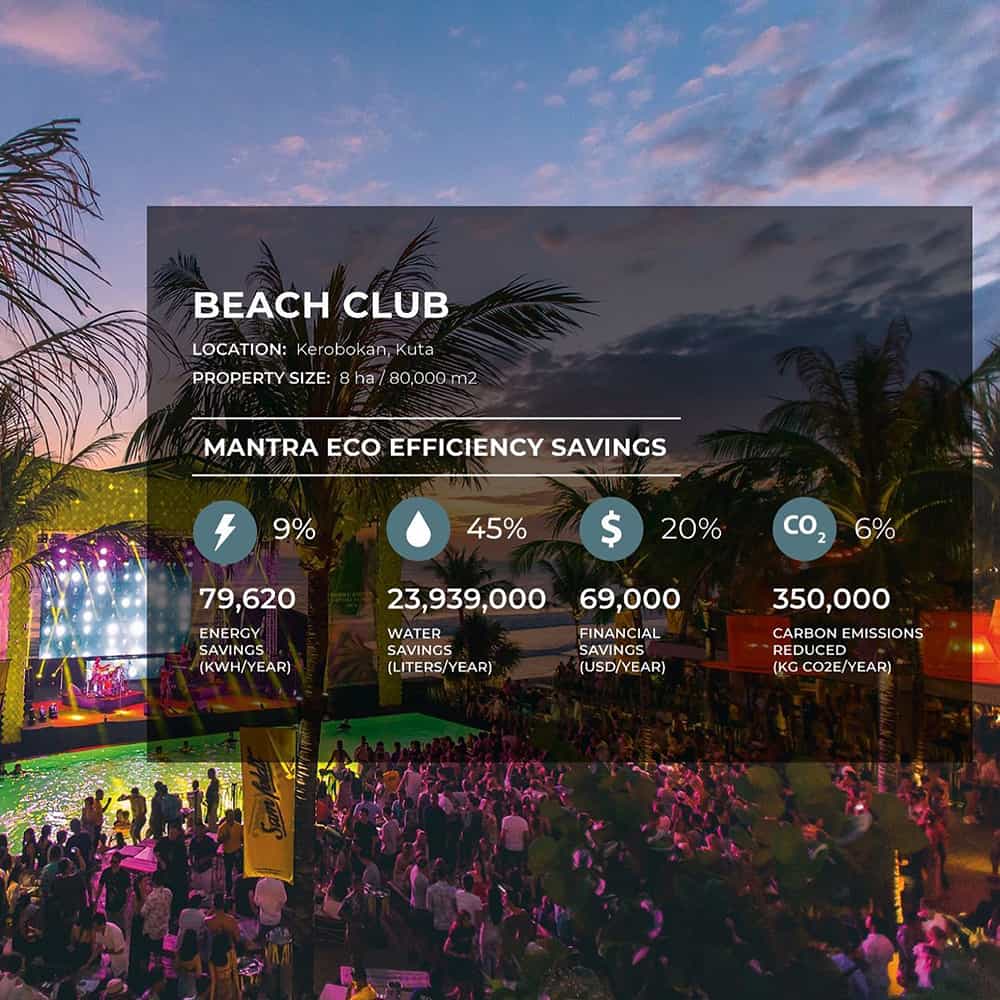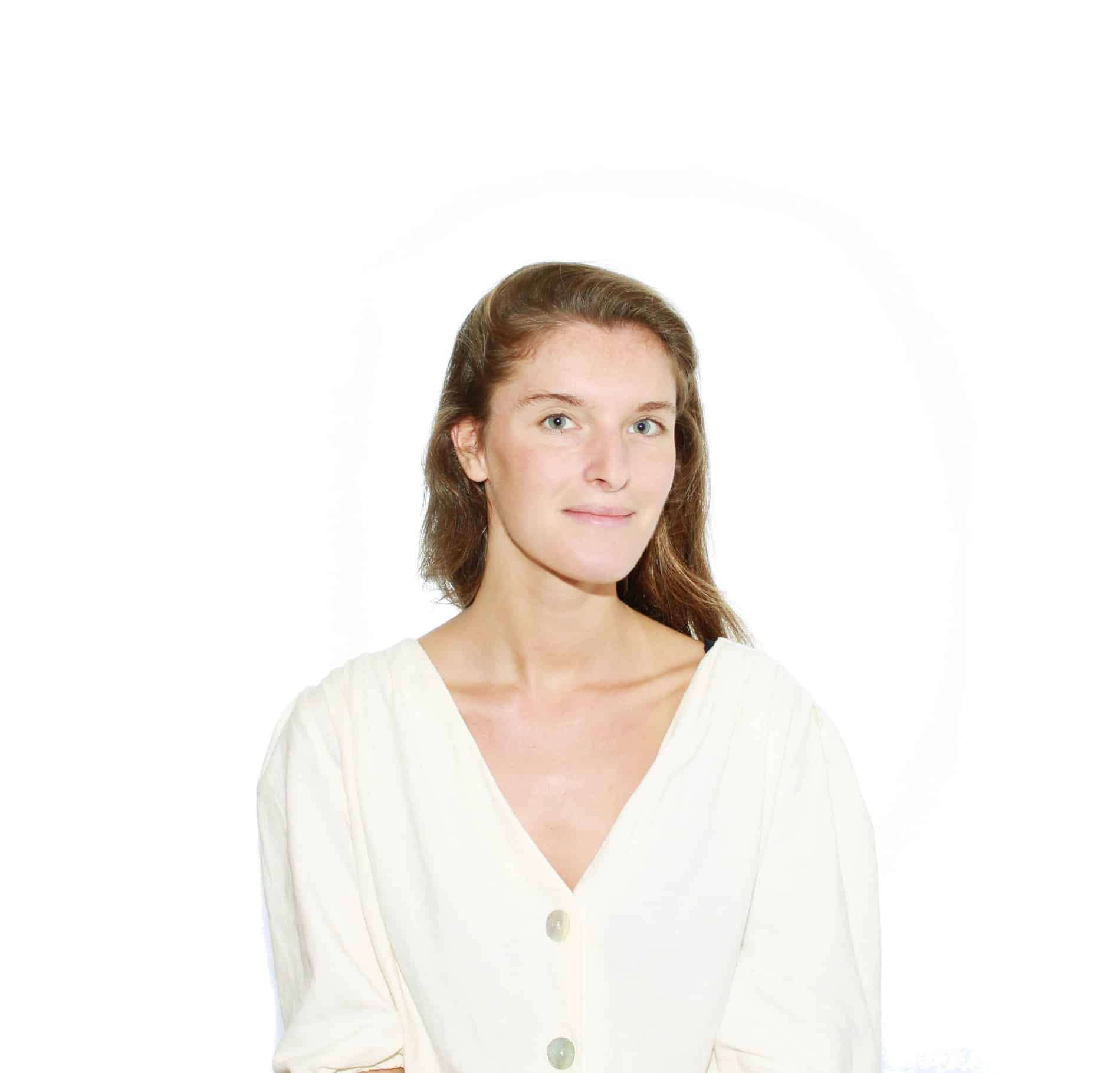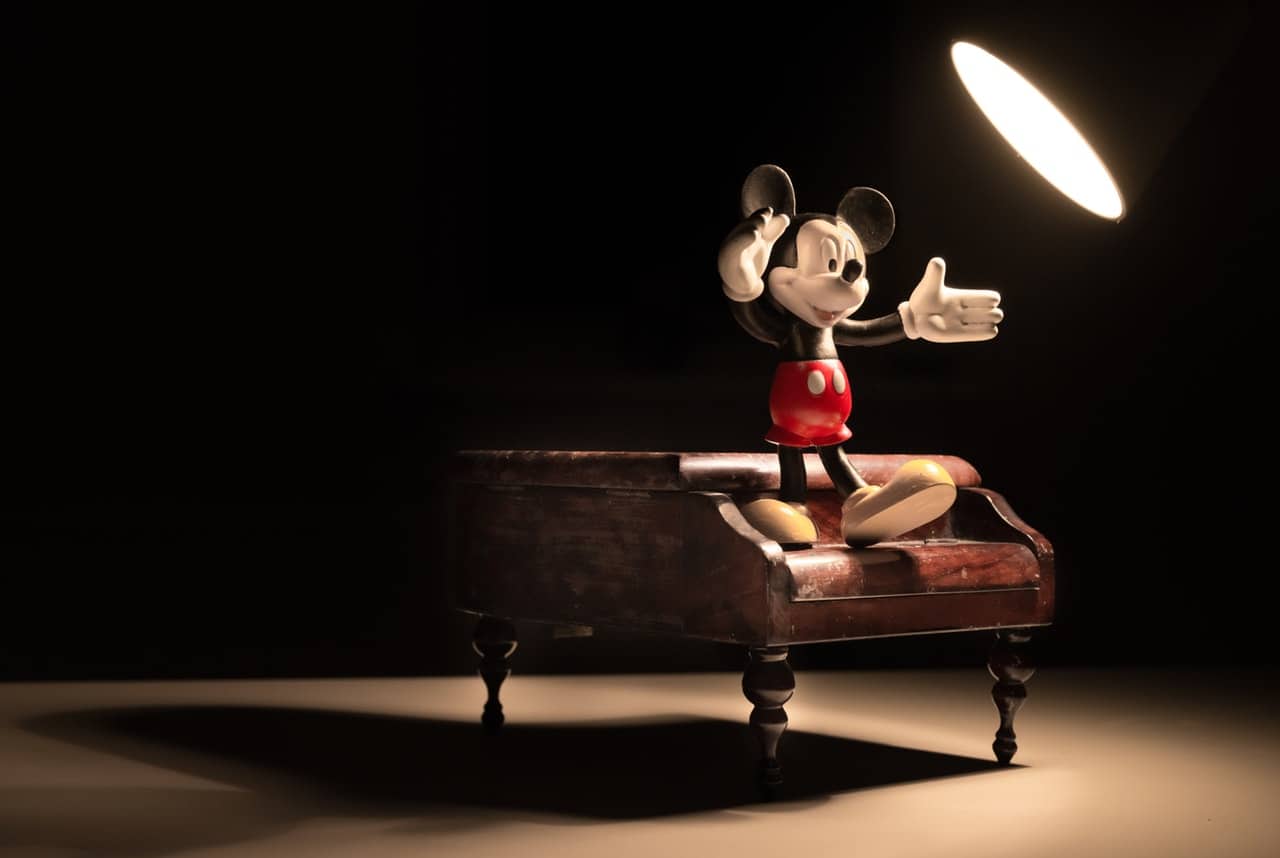Today, there are over 100,000 hotel rooms in Bali. In 2011, that number was closer to 25,000. There are also thousands of restaurants, beach clubs, homestays, amusement parks, and 730 Balinese villages — and all of them are competing for the same resources. Those resources have also reached their tipping point. Enter Mantra; a company that works to help the tourism industry in Bali be responsible for its environmental footprint. Mantra co-founder Sean Nino explained how he and his team do this in a TEDx talk last month in Ubud.
Born and raised in Bali, Sean Nino has seen firsthand the impact that tourism has left behind in Bali. From the drastic increase in the use of concrete, plastics and chemical fertilisers to witnessing bodies of water and rivers drying up. And then there is the traffic problem; heavy congestion and pollution are rife. He’s also seen eight landfills grow around the island with thousands of trucks arriving every day.
“Living in a place like Bali you can witness how we are switching a once healthy natural environment in favour of a technical world,” Sean said. “Development is coming at a very high cost, and you learn to see things differently when you are directly exposed and not living in a city apartment.”
In an effort to return Bali to the magic he remembers of the 80s and 90s, he founded Mantra alongside Maitri Fischer as a way to help hotels on the island manage and measure sustainability. In turn, he has helped them reduce their environmental impact on the island while saving them hundreds of thousands of dollars. They do this by auditing and studying a properties resource consumptions and applying easily implementable solutions to reduce water, waste and energy.
Mantra has worked with several high profile properties in Bali like Potato Head Beach Club, Katamama, Waterbom, Viceroy Bali, Alila, Ayung Resort, Amandari, and more. Mantra has shown them that environmental solutions are not expensive, time-consuming or complicated — as many perceive they are. Collectively, between 2016 and 2018, Mantra has saved hotels in Bali 144,399,165 KWH in energy, 1,118,849,170 litres of water, and diverted 5,300,500 kgs of waste from going to any of the island’s eight landfills. Most impressive, they’ve also helped hotels save US$5,543,359. Take a look at some of their individual success stories below:



The showcase properties that they have set up at Potato Head and Waterbom offer training and act as an educational tool for others to learn by seeing and doing. “We would like to see everyone rise up and hold each other truly accountable and to demand the industry to really change. This would be fantastic to see in the next decade.”
Aside from just working with existing properties, Mantra is now coming in at the design stage and building and designing new properties that require almost 50% fewer resources while providing the same levels of luxury and an even greater experience. “We will definitely continue on working on showcase properties and environmental showcases so others can see them and experience them in a way that is fun and tied to all of our senses. More people should copy what we do.”
Watch Sean Nino’s TEDx Talk from Ubud last month below:
#LittleGreenSteps
These are some #LittleGreenSteps that Sean Nino believes all hotels in Bali can do to easily reduce their environmental impact:
Accurately monitor and measure waste
> separate organics and non-organics
> compost on-site using BSF and Forced Aeration, a digester
Account for water consumption
> create an additional balance sheet and price water at the cost of bottled water.
> ask your team monthly questions rounds that challenge the norm (ie why do we pay up to $5 for a bottle of water when in reality municipal water is as clean and can be made tasty using filters?)
> support government programs to bring water to the people
Materials
> ban single-use products, especially bottled water and useless consumer brand products
> change the type of snacks you consume and move away from palm oil and multinational products
Actually care
> Realize that we don´t just need to do a little. We actually all need to do a lot.


